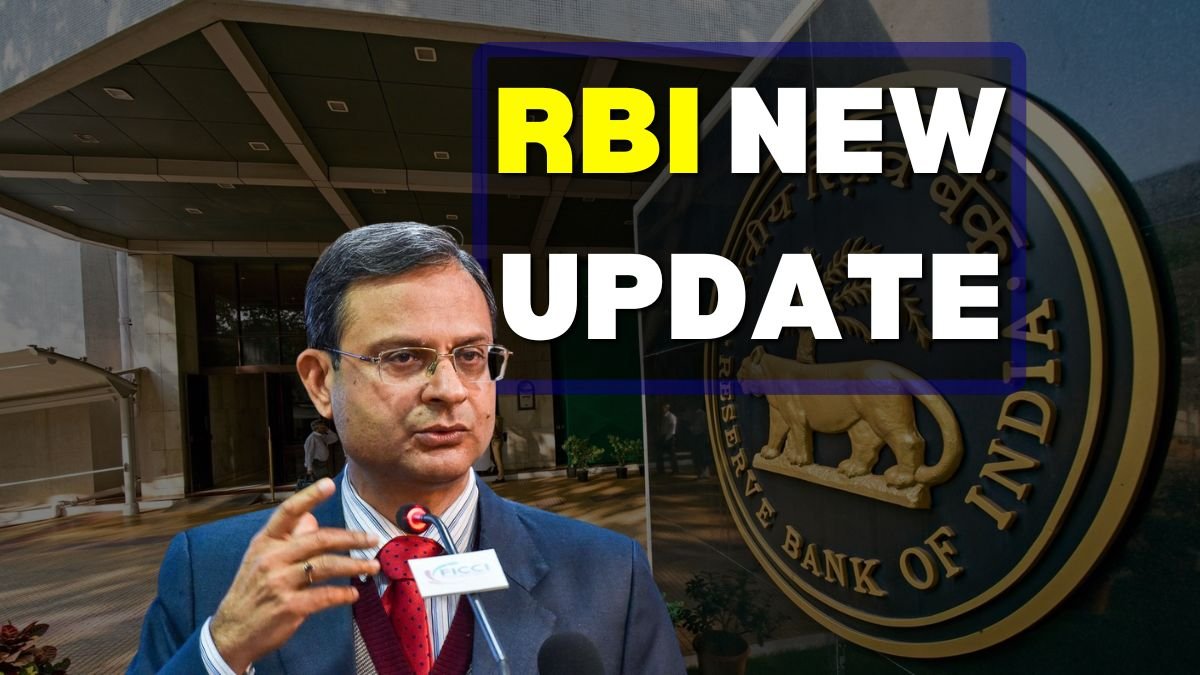Today, loans have become one of the most important financial tools to satisfy the unmet needs in life-whether it is buying a house, funding one’s education, starting a business, or buying a car. But sometimes unexpected situations arise, and it becomes difficult for people to repay their EMIs on time.
This initiates the recovery procedures initiated by banks with aggressive agents who cross legal and ethical boundaries and bring a lot of stress to the borrower.
To block these practices, the Reserve Bank of India (RBI) has come up with certain strict rules to ensure the proper treatment of the borrowers while keeping banks’ rights intact regarding the dues.
RBI’s Strict Guidelines: Protection Of Borrowers’ Rights
As an increasing number of complaints have been made about the harassment experienced through recovery agents, the Reserve Bank of India mandates that all banks-public or private or foreign, must adhere to ethical recovery practices. The institution alluded to the fact that though financial institutions are entitled to recover their dues, they must do so within legal and humane boundaries.
Supreme Court’s Edge on Loan Recovery Harassment
The Supreme Court of the country has confirmed its stand for the protection of borrowers. It has ruled that banks and agents can neither threaten nor abuse nor intimidate persons defaulting on loans. The court also clarified that the default loan is a civil and not a criminal matter, and resorting to coercion and harassment would, thus, be punishable under the law. Therefore, an irate borrower may, in this situation:
- File a police complaint.
- Claim damages in legal dealings;
- Plus, he can complain to banking authorities.
RBI Guidelines for Loan Recovery
1. Permissible Hours for Recovery Calls
- Recovery agents can contact borrowers only between 7:00 AM and 7:00 PM.
- Calls and/or visits outside of these hours are illegal and should be reported to the RBI and/or bank management.
2. Grace Period Before Legal Action
- If a borrower delays any EMI payments for over 90 days, the bank is obliged to serve a 60-day notice before commencing any legal recovery.
- Banks should also refrain from infringing upon the fundamental rights of borrowers in case of default.
3. From the Angle of Recovery Agent
Recovery agents cannot:
- Use abusive language or threats.
- Harass family members.
- Resort to physical intimidation.
Banks take full responsibility for the actions of their agents, and such misconduct may incur penalties against the agent and the bank.
What are the Remedies for Borrowers in Case of Harassment?
- Talk to the Bank – If one cannot pay due EMIs, he/she should negotiate with the bank for repayment methods or extension.
- File a Complaint – If the action of the recovery agents was inappropriate, reports should be filed with:
- The bank’s grievance cell, RBI’s Banking Ombudsman, and the Local Police.
- Legal Recourse – Continuous harassment can open up avenues for compensation by the borrower through consumer courts.


